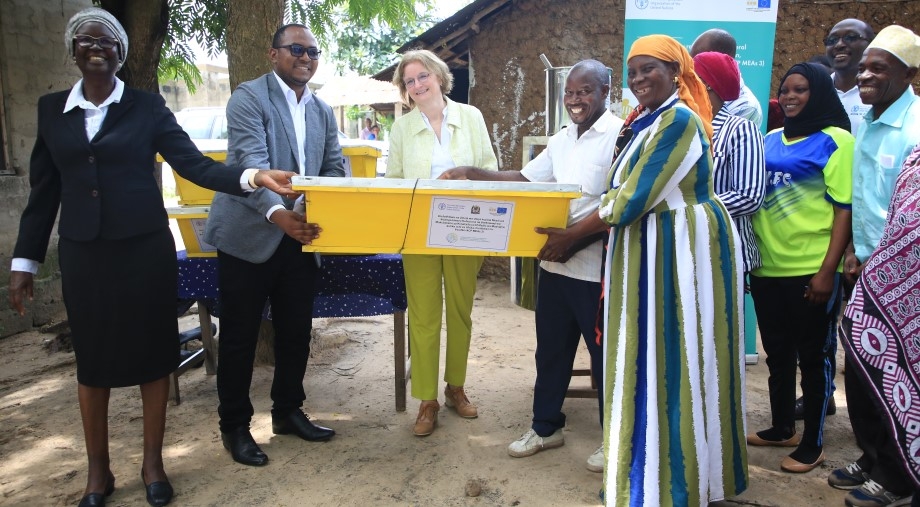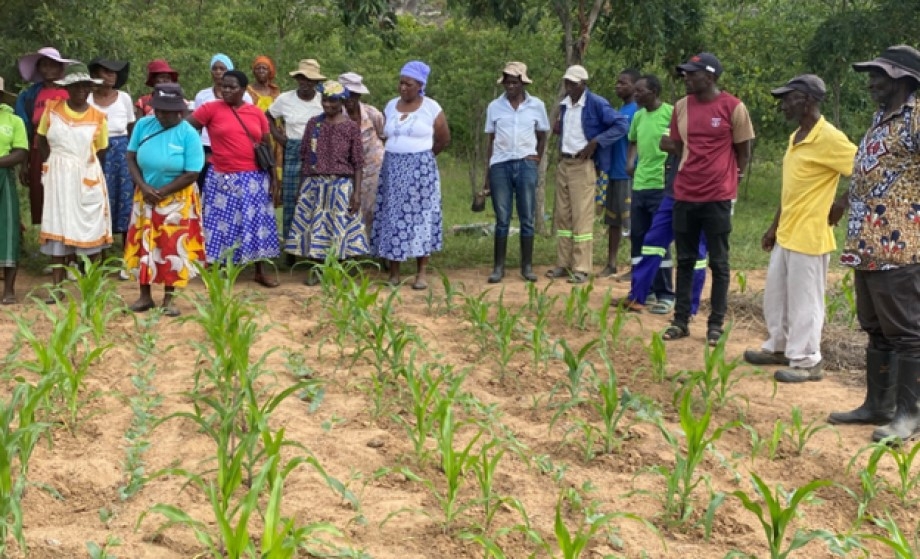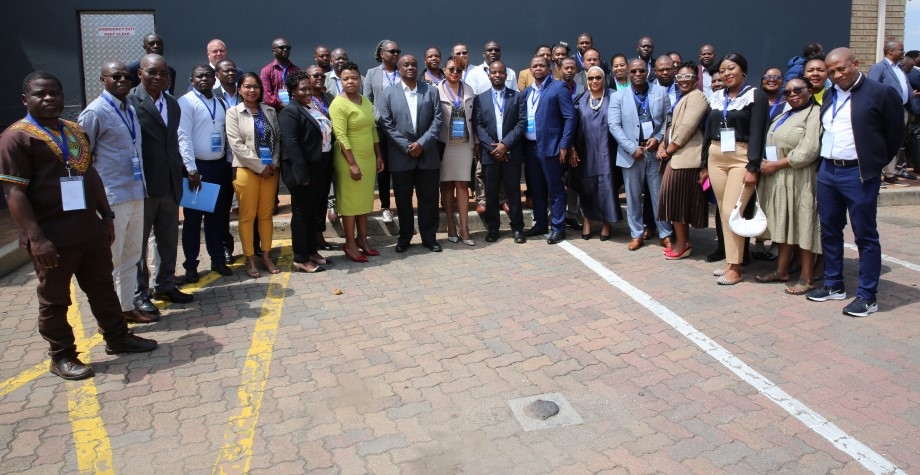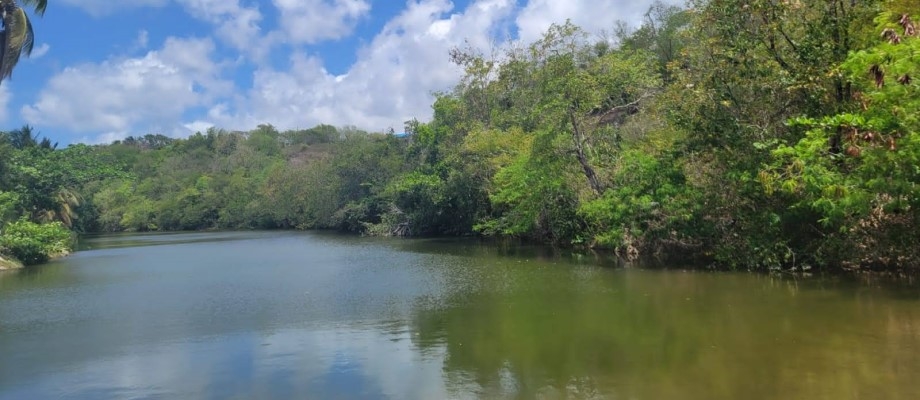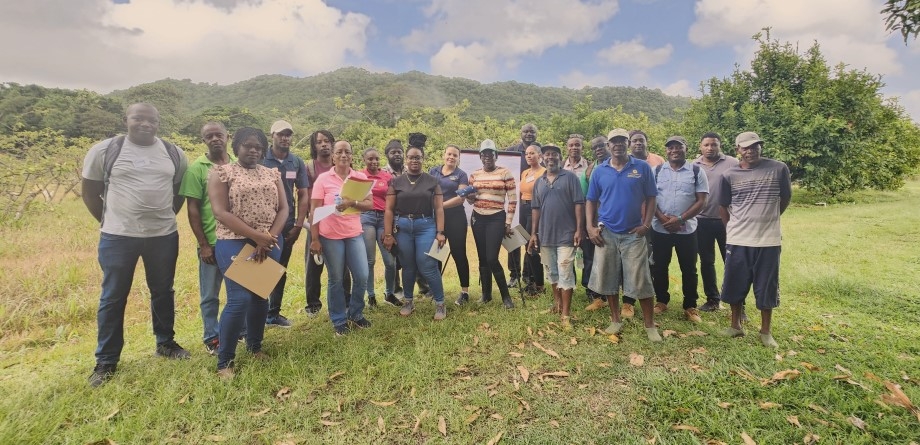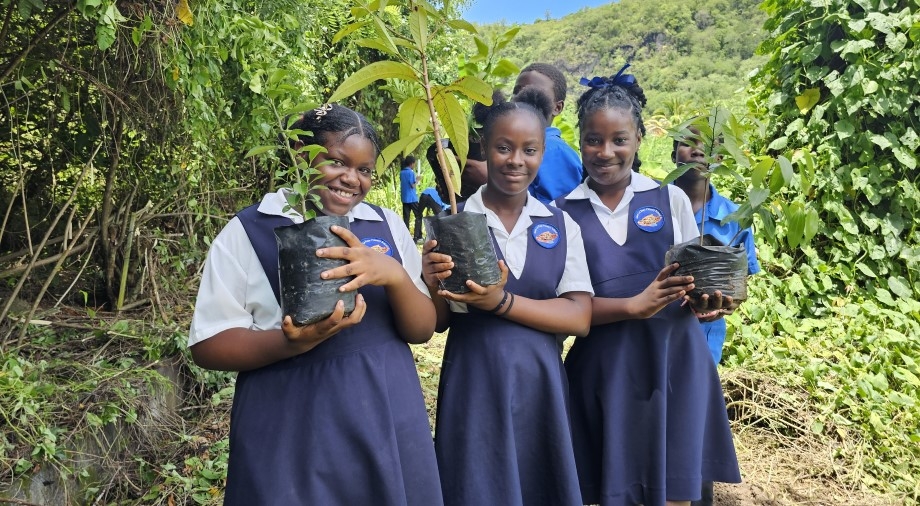ACP MEAs 3 is a programme that promotes environmental sustainability in agriculture by providing technical assistance to African, Caribbean and Pacific (ACP) countries in implementing Multilateral Environmental Agreements (MEAs).
With the support of the European Union and in collaboration with the UN Environment Programme and the Secretariat of the Organization of African, Caribbean and Pacific States, FAO works to build national, regional and global capacities to adopt ecosystem-based practices and improve the management of pesticides in agriculture. Transitioning to environmentally sustainable agricultural production systems is essential to reverse the loss of biodiversity and achieve resilient societies, food security and nutrition.
Key facts
Videos
-
ACP MEAs 3 Programme in St. Lucia
-
ACP MEAs 3 Programme in Zimbabwe
-
Capacity Building Related to Multilateral Environmental Agreements in ACP Countries (ACP MEAs 3)
-
Strengthening regulations to protect pollinators from pesticides. Views from the field
-
Highly Hazardous Pesticides: a global call for action


